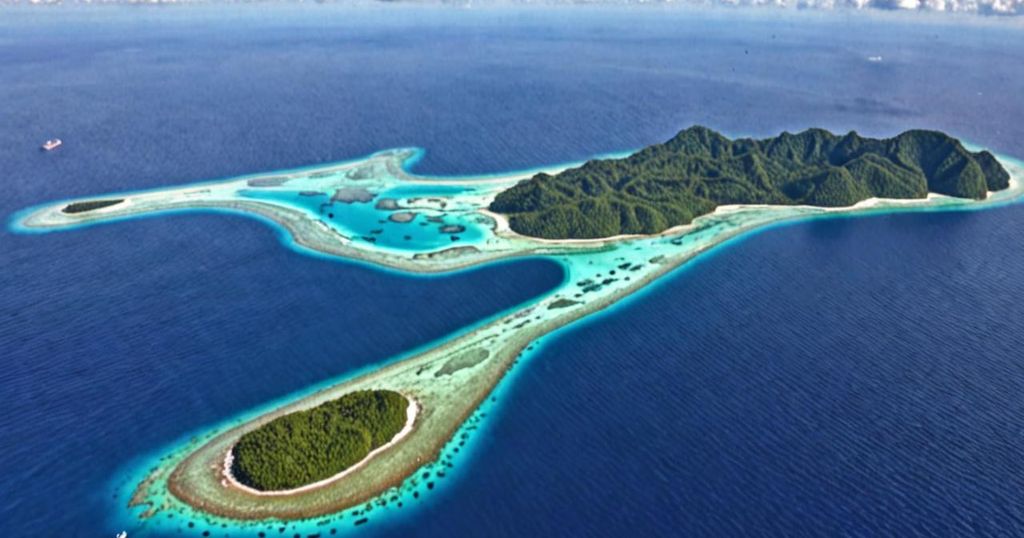The recent filing by the Philippines at the United Nations to extend its continental shelf from Sabah has reignited the longstanding dispute over the territory with Malaysia. This move has been “categorically” rejected by Malaysia, asserting its “indisputable sovereignty” over the state of Sabah. The historically complex dispute can be traced back to colonial-era agreements and holds significant political and economic implications for both nations due to the region’s considerable oil and gas resources.
The origins of the dispute date back to the formation of Malaysia in 1963 when Sabah was incorporated into the country. The Philippines immediately lodged a formal claim, contending that Sabah rightfully belonged to the sultanate of Sulu and therefore to the Philippines. On the other hand, Malaysia maintains that the territory was legitimately ceded to it by the British. Over the years, the dispute has persisted, occasionally escalating due to diplomatic notes, legal actions, and even armed incursions.
The last Philippine president to actively support, and subsequently backtrack on, the sultanate’s claim was Ferdinand Marcos Snr. Since his ouster in 1986, Manila has not officially recognized the sultan of Sulu, raising questions about the future direction of the dispute.
Amid the revived tensions, analysts speculate on the approach that may be taken by Marcos Jnr. Some experts believe that the new administration might choose to shelve the dispute, similar to its predecessors. However, there are also concerns that the president may not be willing to drop the Sabah claim entirely, given the political legacy associated with it.
Julkipli Wadi, the dean of the University of the Philippines’ Institute of Islamic Studies, emphasized the need for transparency from the Malaysian government regarding the Sabah issue. He expressed doubts about the likelihood of a “strong position” from Marcos Jnr, beyond mere rhetoric. Political risk analyst Ronald Llamas echoed similar sentiments, suggesting that the president may need to negotiate or at least appear to be negotiating, without completely abandoning the Sabah claim.
As the Sabah dispute resurfaces, it remains uncertain whether Marcos Jnr will prioritize this issue, particularly with the ongoing challenges related to the South China Sea dispute. Despite previous indications that the Sabah claim was considered a “private claim” by the sultan’s family and not a matter of sovereignty or territory, the recent UN submission by the Philippines officially brings Sabah back into the spotlight as a sovereignty issue.
In conclusion, the dispute over Sabah between Malaysia and the Philippines has once again come to the forefront, raising questions about the potential ramifications for both nations and the broader region. As the issue unfolds, it will be imperative for both sides to engage in transparent and constructive dialogue to seek a resolution that is mutually acceptable.

Leave a Reply